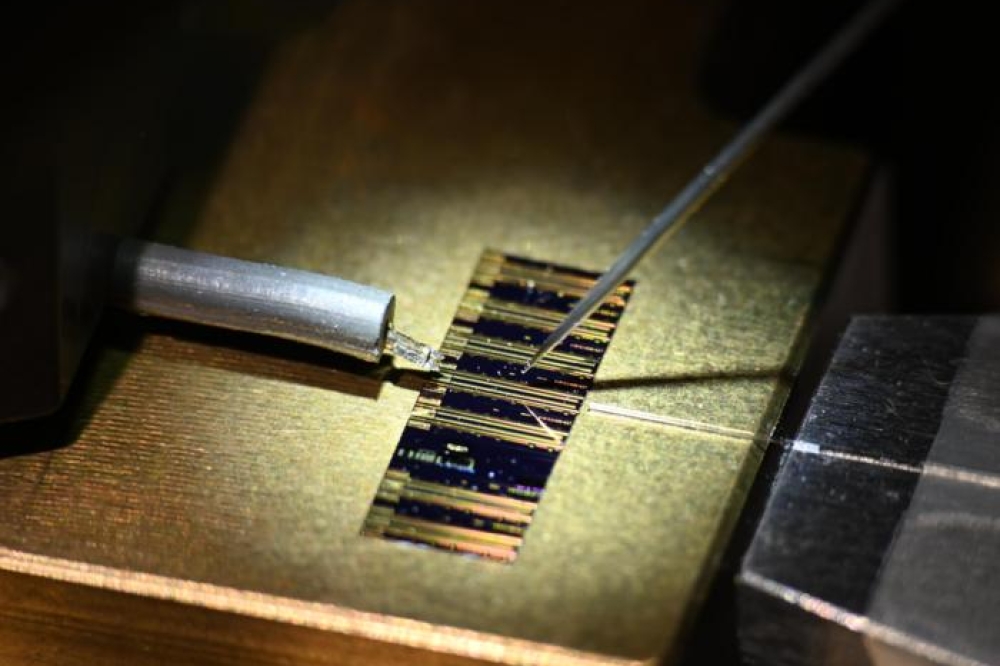News Article
Daylight to speed up mid-IR laser commercialisation
Working with Rice University, a new funded program will leverage Daylight Solutions’ innovative imaging technology, and apply it to new methods for detecting cancer
Daylight Solutions, a manufacturer of molecular detection and imaging solutions in the mid-infrared, has been awarded supplemental funding from the National Science Foundation (NSF).
Daylight is an expert in Quantum Cascade Laser technology. Quantum cascade lasers (QCLs) are a type of semiconductor laser which utilise epitaxially grown quantum wells that contain electrons in lasing states.
The optical physics of a QCL differ from that of a diode laser. In a QCL the lasing transition occurs between states within a given quantum well. In contrast, in a diode laser, transitions occur between the conduction band and valence band of the semiconductor material.
Materials used in QCL technology include III-V based materials such as InAs/AlSb which emit at 2.75 - 2.95 µm.
The company pioneered the commercialisation of QCLs by combining QC gain media with its patented External Cavity Quantum Cascade Laser (ECqcL) technology. The result was a robust, broadly tuneable or fixed wavelength mid-infrared (mid-IR) laser source.

External Cavity quantum cascade Laser design. QC die have been fabricated that produce light from 2.75 to 160 µm. Daylight Solutions have packaged a wide range of these into ECqcL
Building on the success of its current Phase II SBIR program, the additional funding will help to accelerate the transition of Daylight Solution’s mid-infrared hyperspectral imaging platform into commercial markets.
The award was granted through the NSF Small-Business ERC Collaborative Opportunity (SECO) program. The SECO program aims to facilitate the transition of NSF's technology investments in Engineering Research Centres (ERC) and in Small Business Innovation Research (SBIR) projects into commercial markets.
Daylight Solutions is an Industrial Partner with the NSF-funded ERC for Mid-InfraRed Technologies for Health and the Environment (MIRTHE). In collaboration with Rebekah Drezek at Rice University, the program will leverage Daylight Solutions’ innovative imaging technology, and apply it to new methods for detecting cancer.
“This supplemental award, coupled with Daylight’s own internal investments, demonstrates our commitment to working with leading researchers, so that together we enable breakthrough capabilities in life science research. Daylight’s mid-infrared imaging technology is an excellent platform from which to launch these capabilities” says company President, Paul Larson.
“Daylight is pleased to partner with the NSF, MIRTHE, and Rice University as we move this technology one step closer to commercialisation,. he adds.”
Daylight Solutions develops molecular detection and imaging systems for use in scientific research, life sciences, industrial process control, and defence applications. The company is a specialist in mid-infrared laser based solutions, with a line of broadly tuneable and fixed wavelength laser sources and sensors that utilise mid-infrared spectroscopy.































